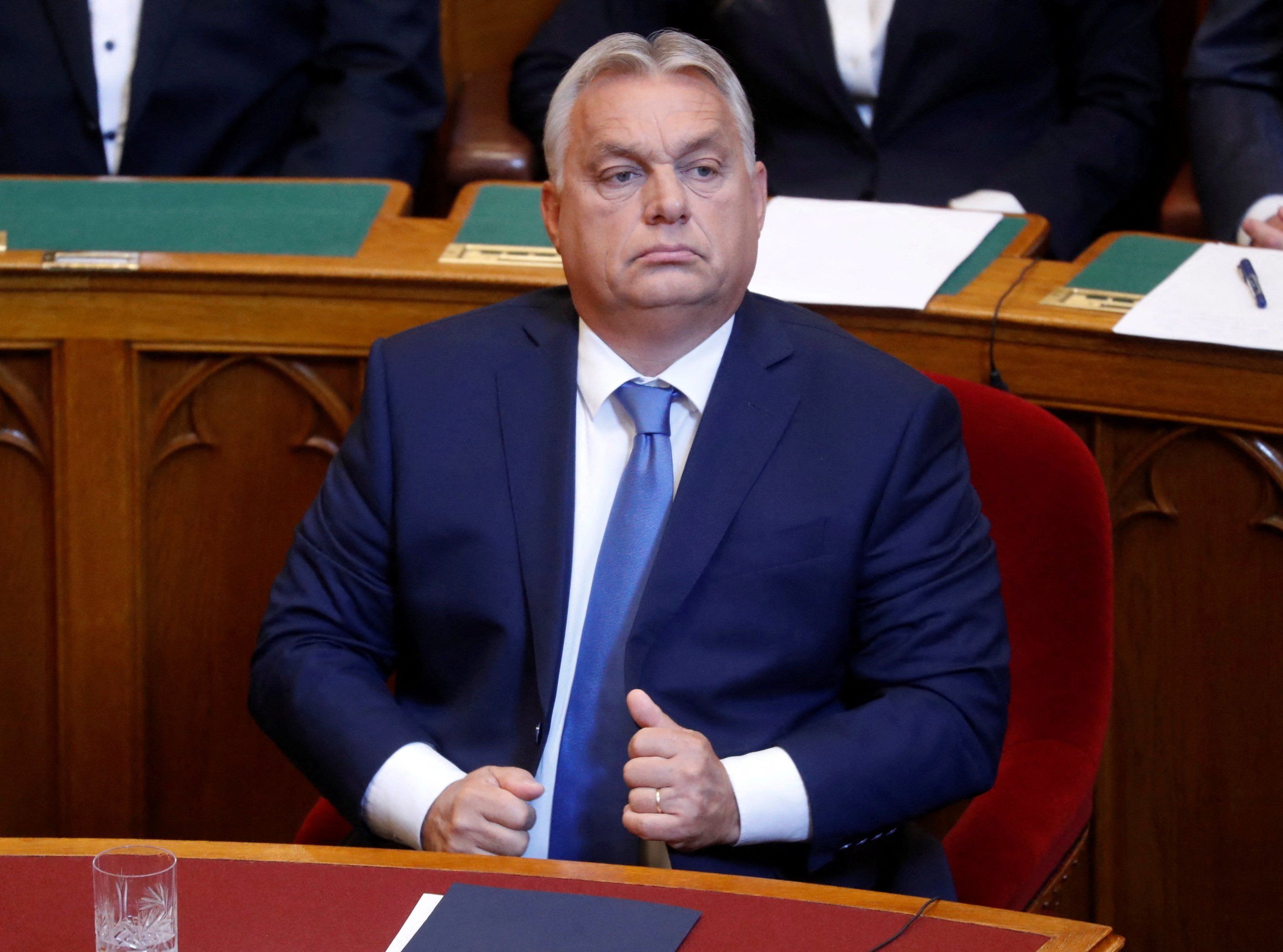The Hungarian prime minister said Monday he’ll cut all support for Kyiv unless Ukraine addresses the grievances of ethnic Hungarians who live in the country.
Wait, there are Hungarians in Ukraine? Yes, roughly 150,000 of them, mostly in the far-Western region of Zakarpattia (Transcarpathia) along the Hungarian border. Before World War I, Zakarpattia was part of the Austro-Hungarian empire. After that it was kicked around between various powers — Czechoslovakia, Hungary, and the Soviet Union – before becoming part of independent Ukraine in 1991.
In 2014 — when popular protests ousted Ukraine’s pro-Russian president and Moscow illegally annexed Crimea — the new Ukrainian government cracked down on minority language rights in a clumsy effort to curb Russian influence. The measures affected Hungarians in Zakarpattia, creating grievances that Orbán is now exploiting.
Laments about the lost territories of “greater Hungary” are nothing new for the nationalist Orbán. But why is he suddenly losing sleep over the Transcarpathian Hungarians? The answer may have more to do with what’s happening in Brussels than what’s happening in Uzhgorod, the Transcarpathian capital.
For one thing, Hungary is perennially in danger of losing EU funds over Orban’s erosion of democratic norms, so he is always looking for leverage to stop that. Threatening to hold up EU support for Kyiv is a big pressure point and he knows it.
But this winter the European Union will also decide when to welcome new members and whether Ukraine should, at some point, be one of them. As part of that, the Union is drawing up new fiscal rules and may move to scrap the requirement of unanimous agreement by all 27 member states on key issues. Orban does not want that to happen, because it would vaporize his pull within the Union.
So alongside threatening to cut support for Ukraine, he’s also slow-rolling Budapest’s approval for Sweden to join NATO. It’s part of a pattern.
“It's basically blackmail,” says Mij Rahman, Europe director at Eurasia Group. “That's Orban's whole schtick in the EU now.”
